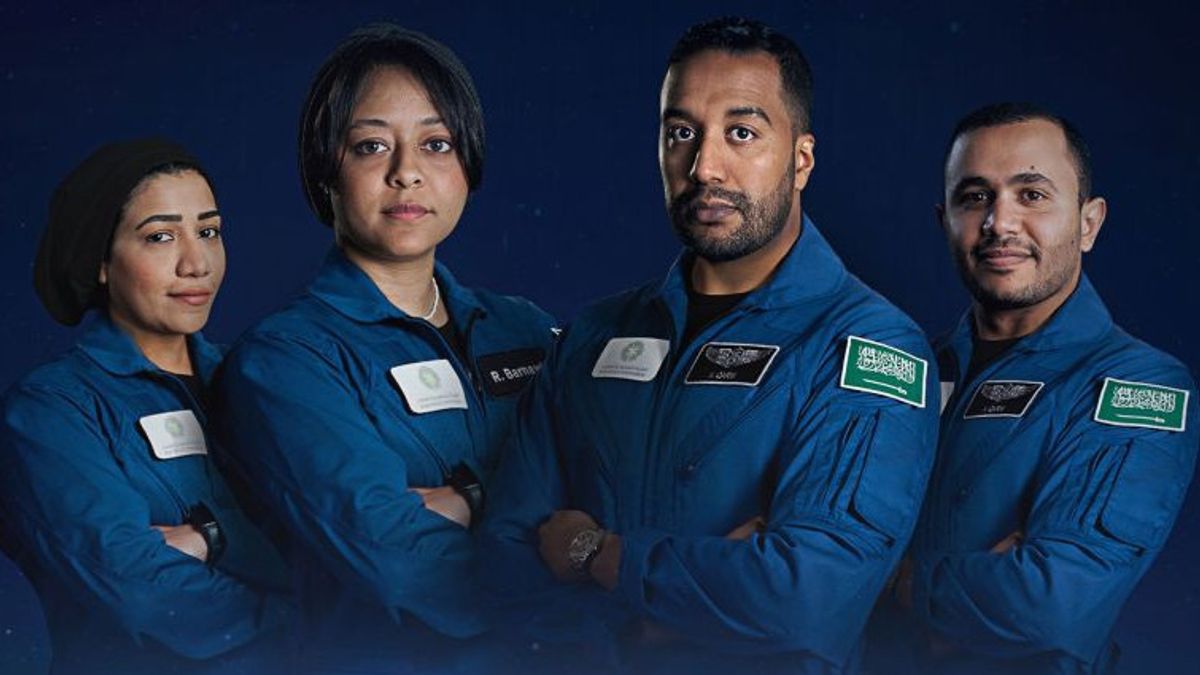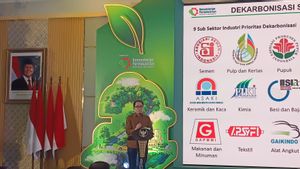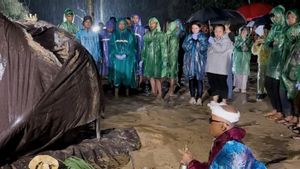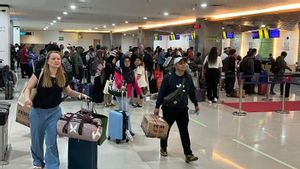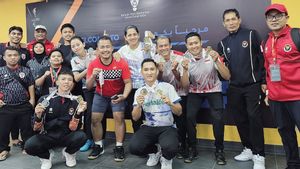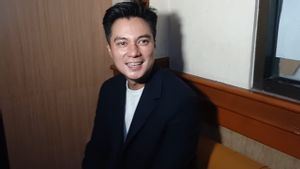JAKARTA - Rayynah Barnawi is one of two Saudi Arabian astronauts who quickly expanded May 9, 2023 when the country ruled by King Salman bin Abdulazi Al Saud became one of the few Muslim countries that did not want to miss exploring space.
Barnawi and Ali Alqarni are two of the four astronauts riding the Spacex Dragon capsule that was thrown into space by the SpaceX Falcon 9 rocket with their final destination, the International Space Station (ISS).
They were accompanied by two US astronauts, total Whitson and John Shoffner, to join United Arab Emirates astronaut Sultan Al Neyadi who has been on the ISS since March 3 this year.
If Ali Alqarni's profession is a pilot for the Saudi air force fighter, then Barnawi is a breast cancer researcher.
Not only being the second Muslim in the world to be in the orbit of the Earth and the first Saudi woman to expand in space, Barnawi represents the new face of Saudi Arabia that leaves ultra-conservatism and cohesiveness.
His presence in the number space mission further emphasized the current hard efforts of the Saudi rulers in strengthening the role of women to the same age as men, which occurred several years ago.
Space itself is no stranger to Saudis because in 1985, King Salman, as a young and still a fighter pilot, was once part of the space mission of the United States. Salman was the first Arab to fly in space.
For 33 years after that, when Salman was king, Saudi Arabia formed a space commission that in 2023 sent its astronauts back into space. This mission is part of the Saudi Vision 2030 launched by King Salman and his son who are heirs to the throne, Prince Mohammed bin Salman.
In the space mission launched from the Kennedy Space Center in Tanjung Canaveral, Florida, United States, Barnawi became a specialist in the Axiom Mission 2 mission. This is also Axiom's second private space mission after April 2022 which also brought four astronauts.
The 33-year-old Barnawi is a biomedical expert graduated from New Zealand and Saudi Arabia, which in the last nine years has been actively researching breast cancer and stem cells.
He is one of the evidences that Saudi Arabia is moving forward in advancing women since King Salman launched reformative breakthroughs under the initiative of the ruler of the facto, Prince Mohammed bin Salman.
This Saudi situation reversed 180 degrees with what was happening in Afghanistan when the Taliban instead marginalized women.
On the other hand, Saudi women are increasingly participating in all aspects of national development after the law guarantees their full rights and at the same time protects their active role, in any field, especially Saudi Vision 2030 provides a broad place for women to serve the community and state.
This impressive development has prompted the World Bank to increase the women's empowerment index of Saudi Arabia to 80 points in 2022, from 25.63 points in 2019.
Prakarsa empowers women to also enter the country's routine budget so that women can continue to play a role, but it is still in line with the values of the Kingdom of Saudi Arabia.
The English, Chinese, Japanese, Arabic, and French versions are automatically generated by the AI. So there may still be inaccuracies in translating, please always see Indonesian as our main language. (system supported by DigitalSiber.id)
